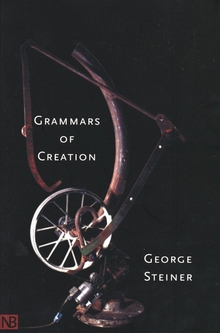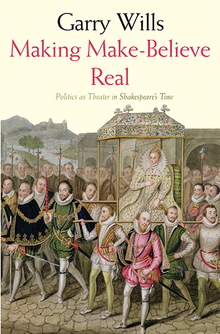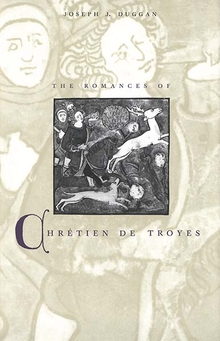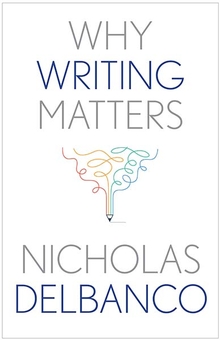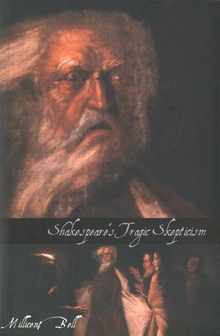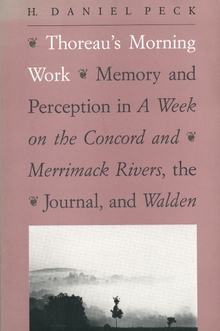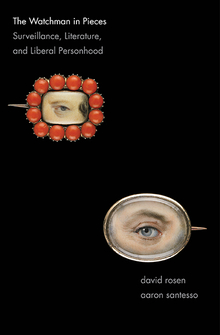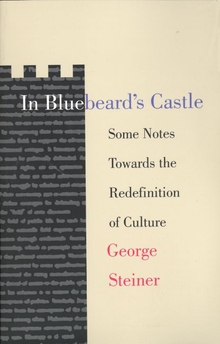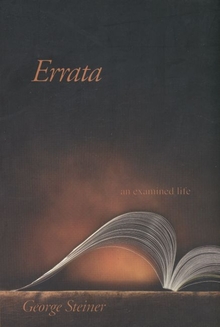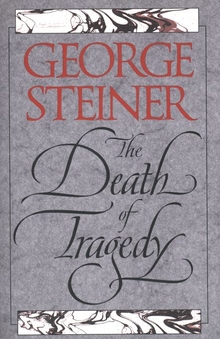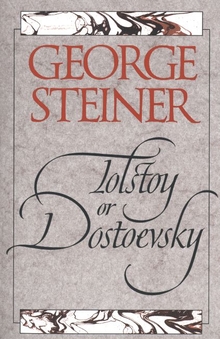Grammars of Creation
WARNING
You are viewing an older version of the Yalebooks website. Please visit out new website with more updated information and a better user experience: https://www.yalebooks.com
George Steiner
“We have no more beginnings,” George Steiner begins in this, his most radical book to date. A far-reaching exploration of the idea of creation in Western thought, literature, religion, and history, this volume can fairly be called a magnum opus. He reflects on the different ways we have of talking about beginnings, on the “core-tiredness” that pervades our end-of-the-millennium spirit, and on the changing grammar of our discussions about the end of Western art and culture. With his well-known elegance of style and intellectual range, Steiner probes deeply into the driving forces of the human spirit and our perception of Western civilization’s lengthening afternoon shadows.
Roaming across topics as diverse as the Hebrew Bible, the history of science and mathematics, the ontology of Heidegger, and the poetry of Paul Celan, Steiner examines how the twentieth century has placed in doubt the rationale and credibility of a future tense—the existence of hope. Acknowledging that technology and science may have replaced art and literature as the driving forces in our culture, Steiner warns that this has not happened without a significant loss. The forces of technology and science alone fail to illuminate inevitable human questions regarding value, faith, and meaning. And yet it is difficult to believe that the story out of Genesis has ended, Steiner observes, and he concludes this masterful volume of reflections with an eloquent evocation of the endlessness of beginnings.
George Steiner is Fellow of Churchill College at Cambridge. He has received numerous awards for his writings and work, including Fulbright and Guggenheim Fellowships, the Morton Dauwen Zabel Prize for the American Academy of Arts and Letters, and the Truman Capote Lifetime Achievement Award. Among his many books are Errata: An Examined Life; No Passion Spent; Language and Silence: Essays on Language, Literature, and the Inhuman; In Bluebeard’s Castle: Some Notes Towards the Redefinition of Culture; Antigones: How the Antigone Legend Has Endured in Western Literature, Art, and Thought; Tolstoy or Dostoevsky: An Essay in the Old Criticism; and The Death of Tragedy, all published by Yale University Press.
Originating in the Gifford Lectures for 1990
Publication Date: August 11, 2002

